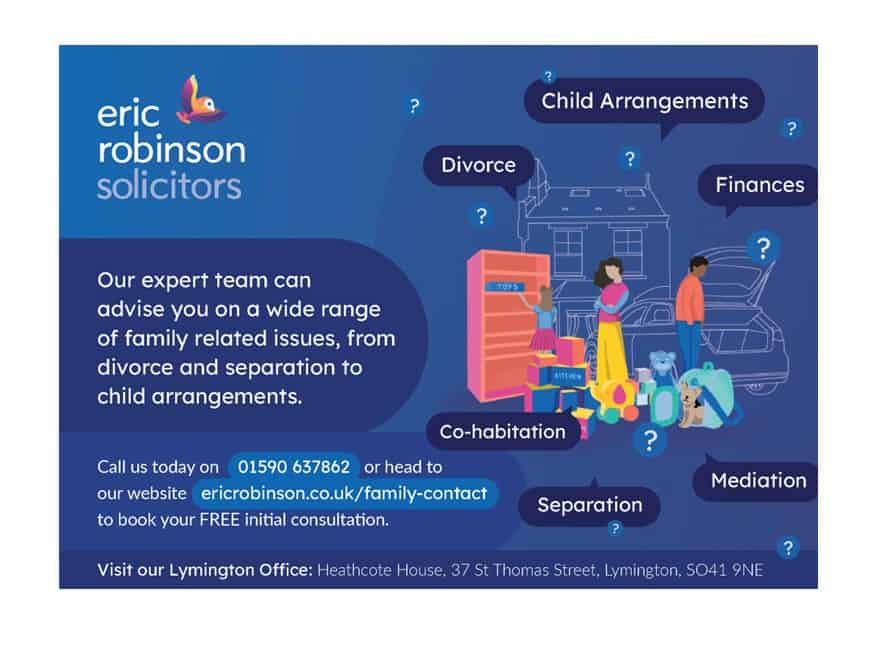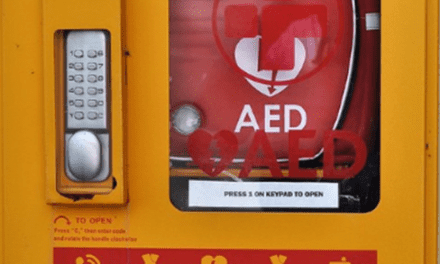Over half the adult population in the UK don’t have a Will. But do you really need one? We put some questions to the team from local firm Eric Robinson Solicitors…
What happens if I don’t have a Will when I die?
If you don’t have a Will when you die, the Rules of Intestacy apply. This means that the law decides what happens to your assets (known as your ‘estate’) and they may not go to the people you want them to go to. By the way, an ‘estate’ doesn’t mean you have to own a stately pile on the coast! Nearly all of us have an estate – your estate is made up of everything you own, e.g., your home, your car, your money and all your possessions.
I’ve been with my partner for over 30 years – surely they will simply inherit everything?
If you are living with a partner but are not legally married or in a civil partnership, your partner is not entitled to inherit anything under the Intestacy Rules – it doesn’t matter how long you have been together or whether you believe you are ‘common law spouses’. In these circumstances, blood relatives are entitled to inherit everything. If you have stepchildren, they will also not inherit from your estate under the Intestacy Rules. And the reality is, if you die without a Will the blood relatives who become entitled to inherit may be distant relatives you don’t know.
What happens to my Will if I get married?
When you get married, your existing Will is no longer legal, and your spouse will automatically inherit most of your estate. Wills are prepared using current circumstances, so it’s important to review and update your Will if your circumstances change, for instance you marry, divorce, buy a house or have a child.
Also, it’s important to note that even if you’re married and want everything to go to your spouse, you should still make a Will. If you die ‘intestate’ (without making a Will) and have children or other dependents, your spouse can only receive the first £270,000, chattels plus half the rest of the estate. So, without a Will, your spouse may not inherit the whole of your matrimonial home.
Can I leave money to my children?
If you want to leave part of your estate to anyone under the age of 18 at the time, setting up a trust in your Will might be the way forward. This allows you to decide at what age you want your children/grandchildren/younger beneficiaries to inherit – and you can also specify that funds can be released earlier than the set age for specific reasons, such as education.
OK, I’m getting a Will! How do I decide who should be my Executors?
Think about people you would trust. Executors have the responsibility of dealing with your estate when you die, so making sure they are the right people for the job is very important. Your Executors have to be over the age of 18, can be beneficiaries in your Will and might be your spouse, children or a friend. If matters are likely to be complicated (or where there may be family difficulties), you may wish to consider appointing your solicitors to act as your Executor.











